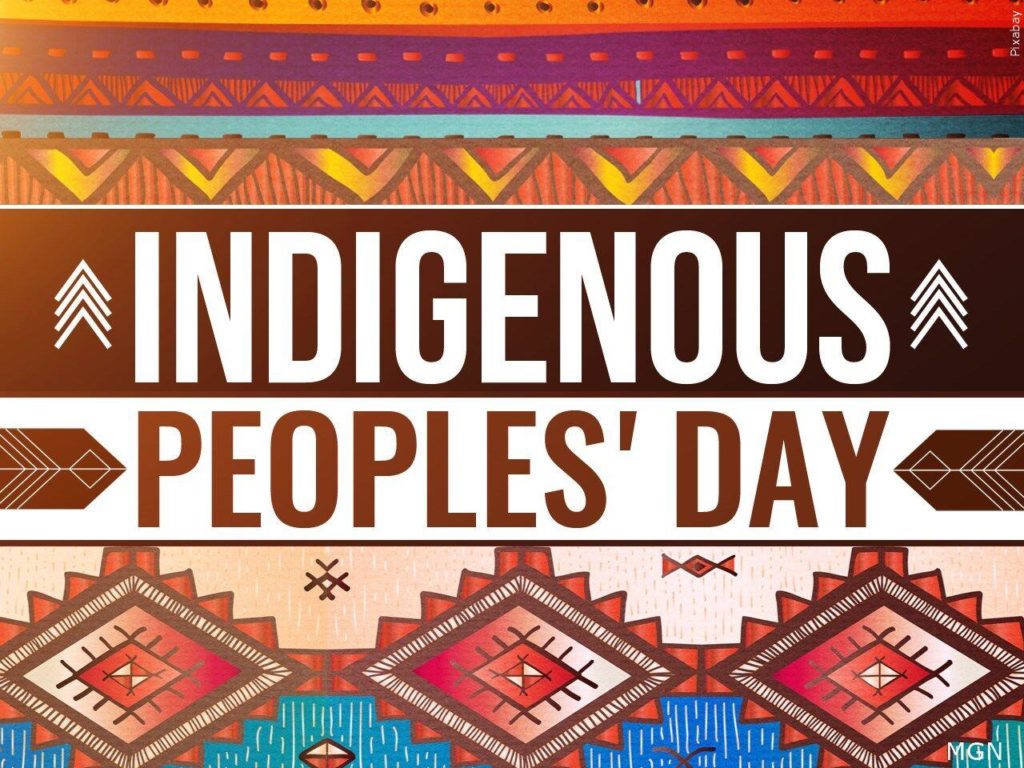Rethinking Columbus Day

Thank you to Senior Diversity Consultant Demia Kandi for providing the following insight into Indigenous Peoples’ Day and Columbus Day commemorations.
As we think about Indigenous Peoples’ Day, we thought it would be best to define this article in two ways: What we were originally taught, and what we recently learned.
What we were originally taught
Columbus Day is a U.S. holiday that commemorates the landing of Christopher Columbus in the Americas in 1492, observed the second Monday in October. This was an amicable discovery with positive cultural exchange, until the Indigenous people fought back. The Columbus Day Observance is a way of both honoring Columbus’ achievements and celebrating Italian-American heritage. (History.com)
What we recently learned
Native Americans and other groups have protested the celebration of an event that resulted in the colonization of the Americas, the beginnings of the transatlantic slave trade and the deaths of millions from murder and disease.
European settlers brought a host of infectious diseases, including smallpox and influenza that decimated indigenous populations. Warfare between Native Americans and European colonists claimed many lives as well. (History.com)
In essence, Christopher Columbus settled on land with a community and society that already existed.
Context: Imagine if Neil Armstrong landed on the moon, discovered there was a pre-existing moon society, told them (and the earth community) the moon belonged to him, and the earth community believed it and developed a holiday to commemorate his “good work.”
This describes the evolution of The Columbus Day Observance to Indigenous Peoples’ Day. Depending on where you are, you will hear them used interchangeably.
As we develop a greater understanding for Indigenous Peoples’ Day, I encourage all of us to: 1.) Acknowledge the truth; 2.) Be inquisitive. Learn as much as you can about Native Americans/Indigenous People from them directly; 3.) Be an ally. Support their causes; and 4.) Disrupt misinformation. Ensure your loved ones learn the real truth about this day.
Resources